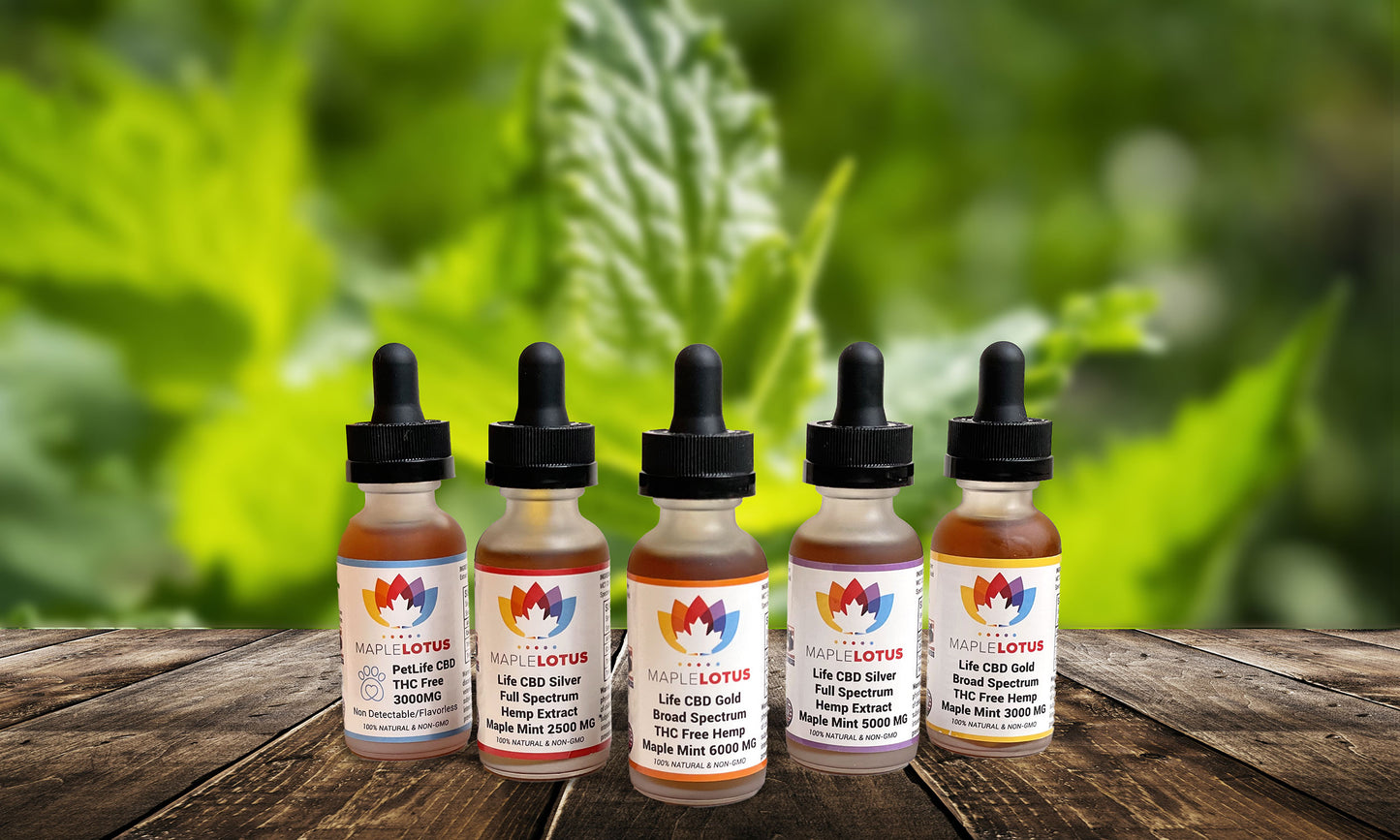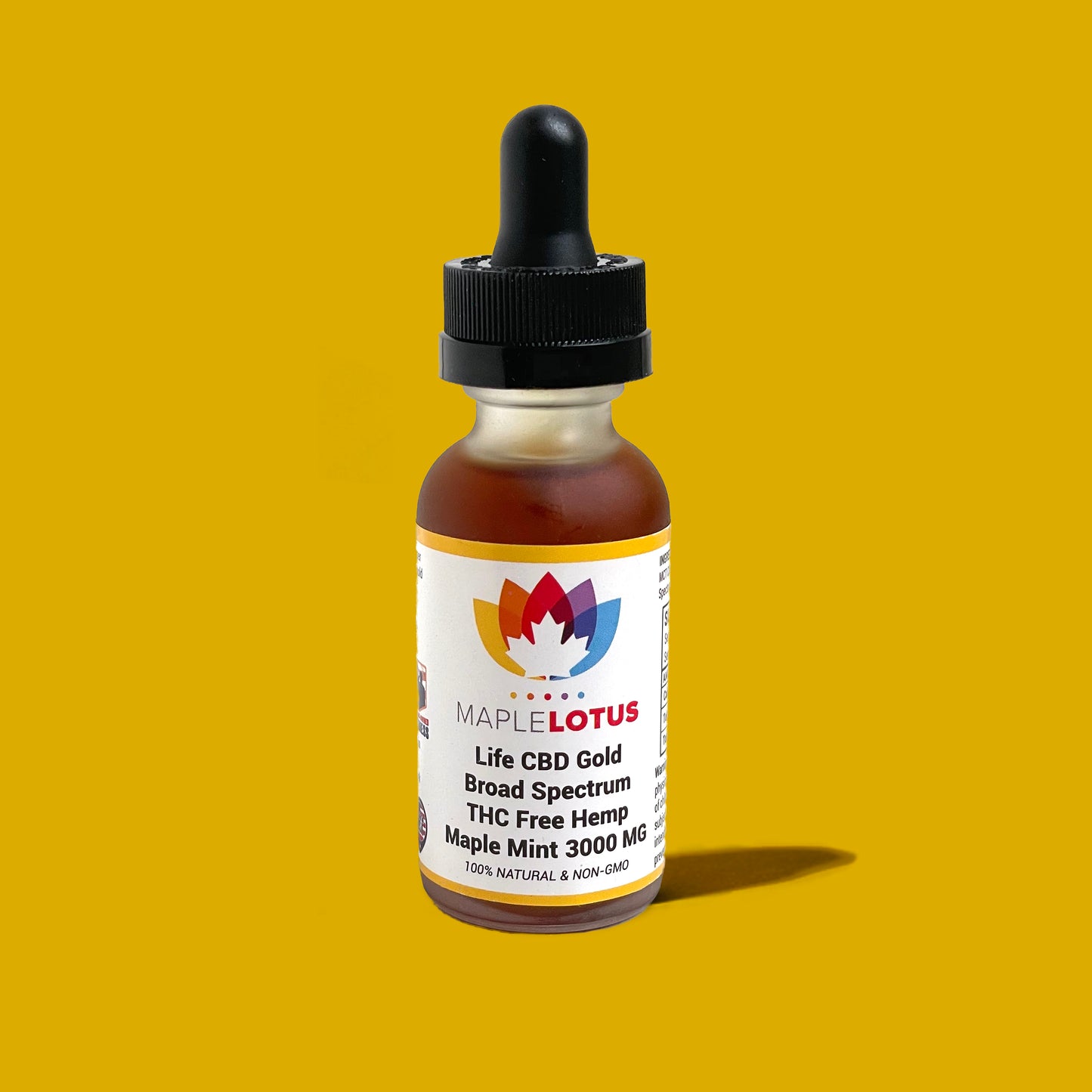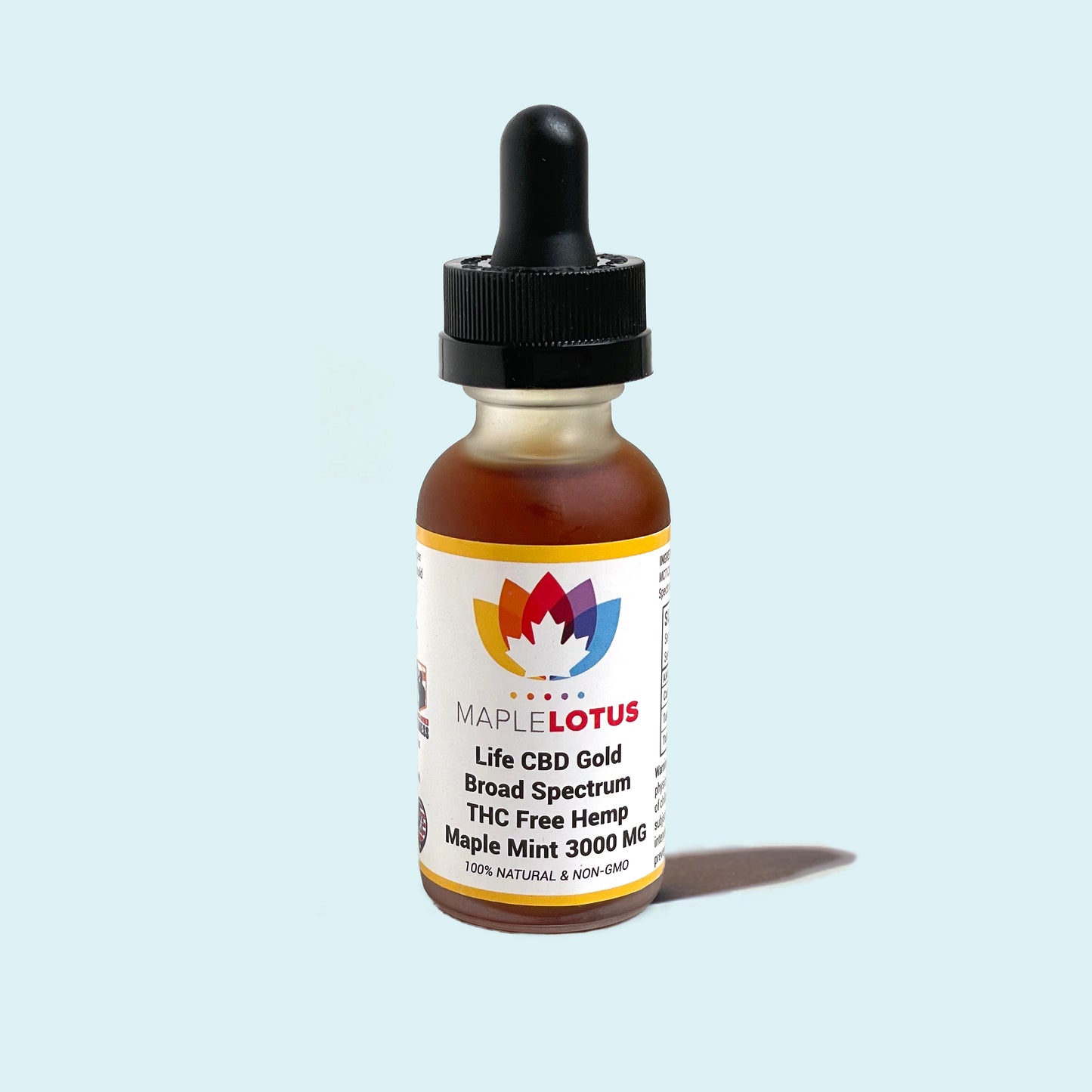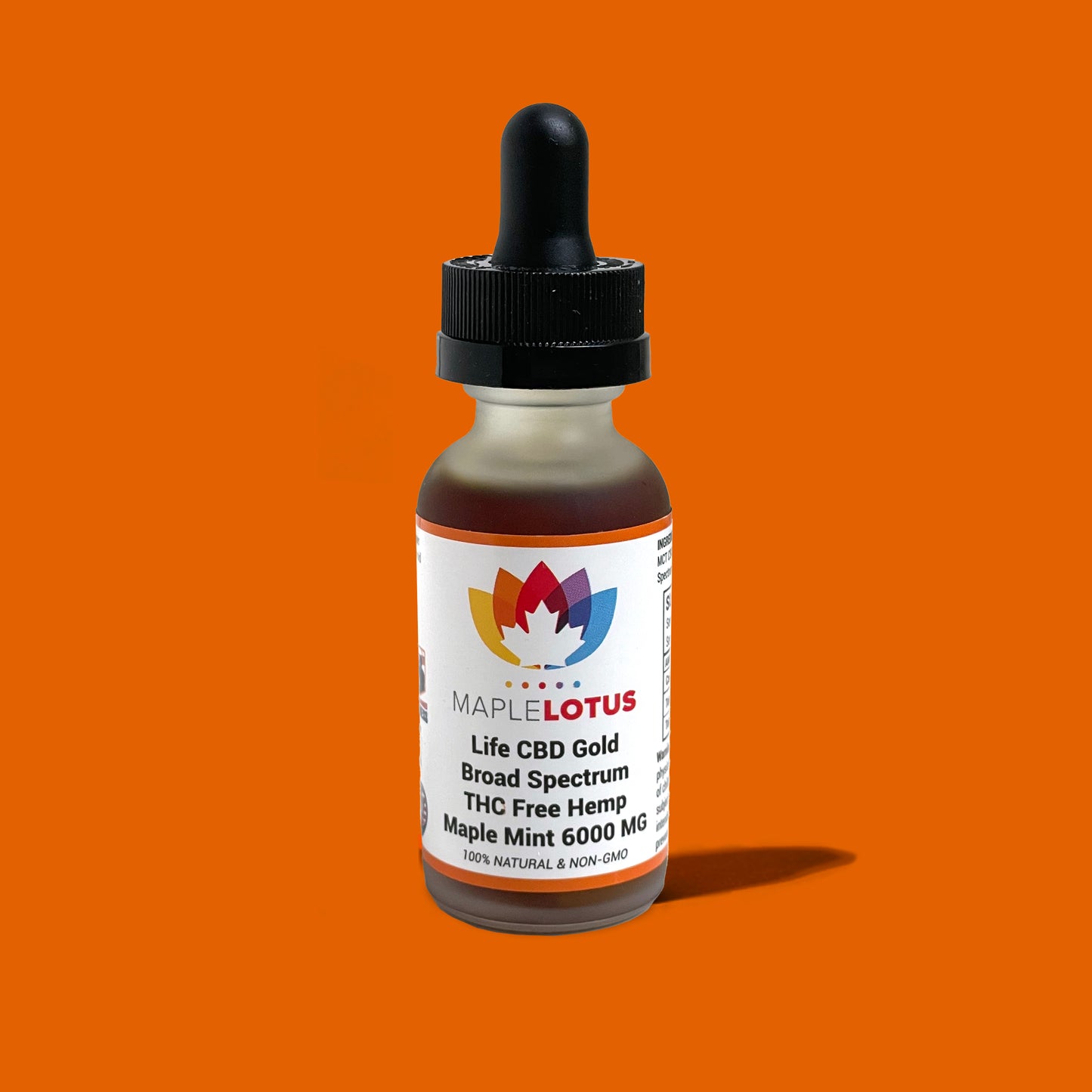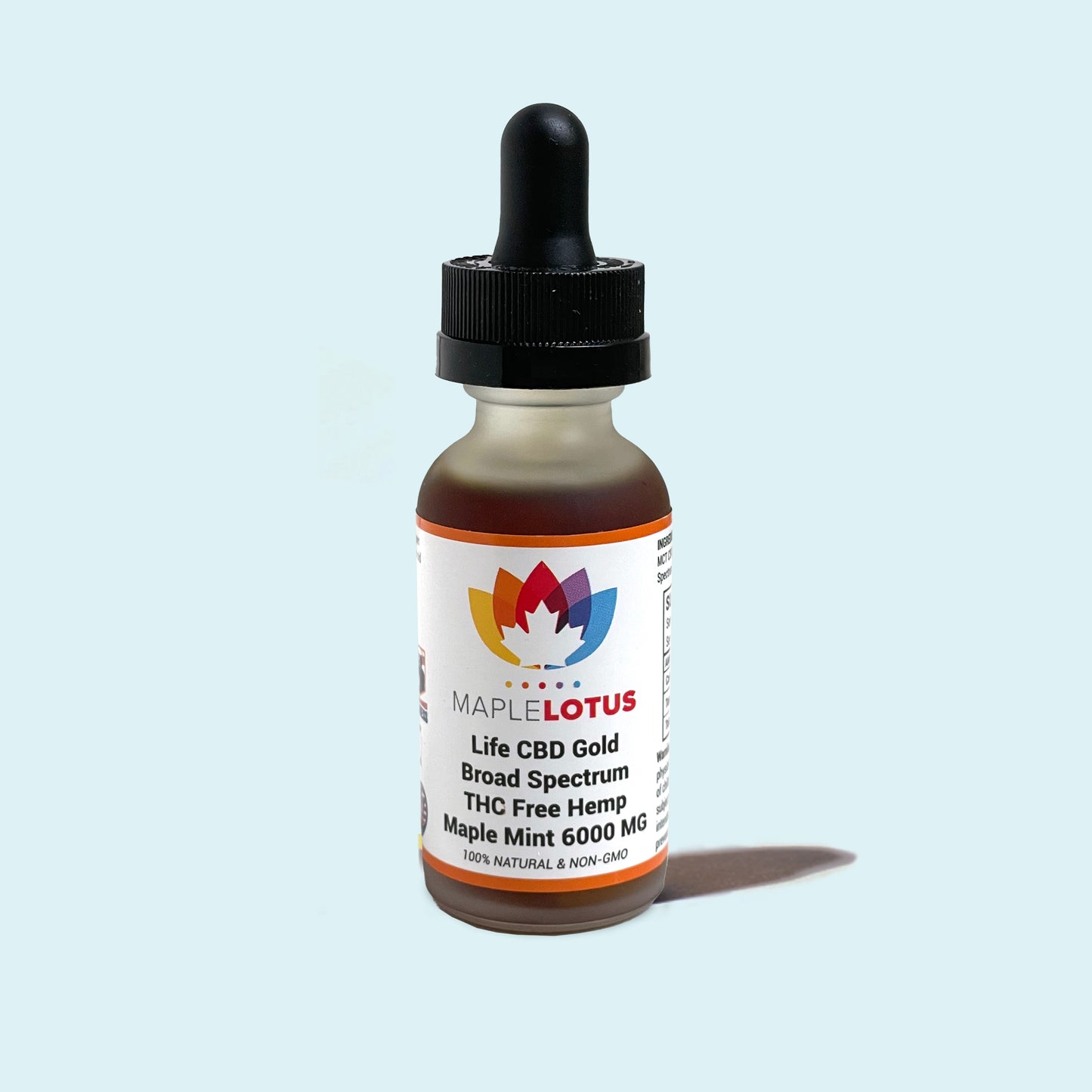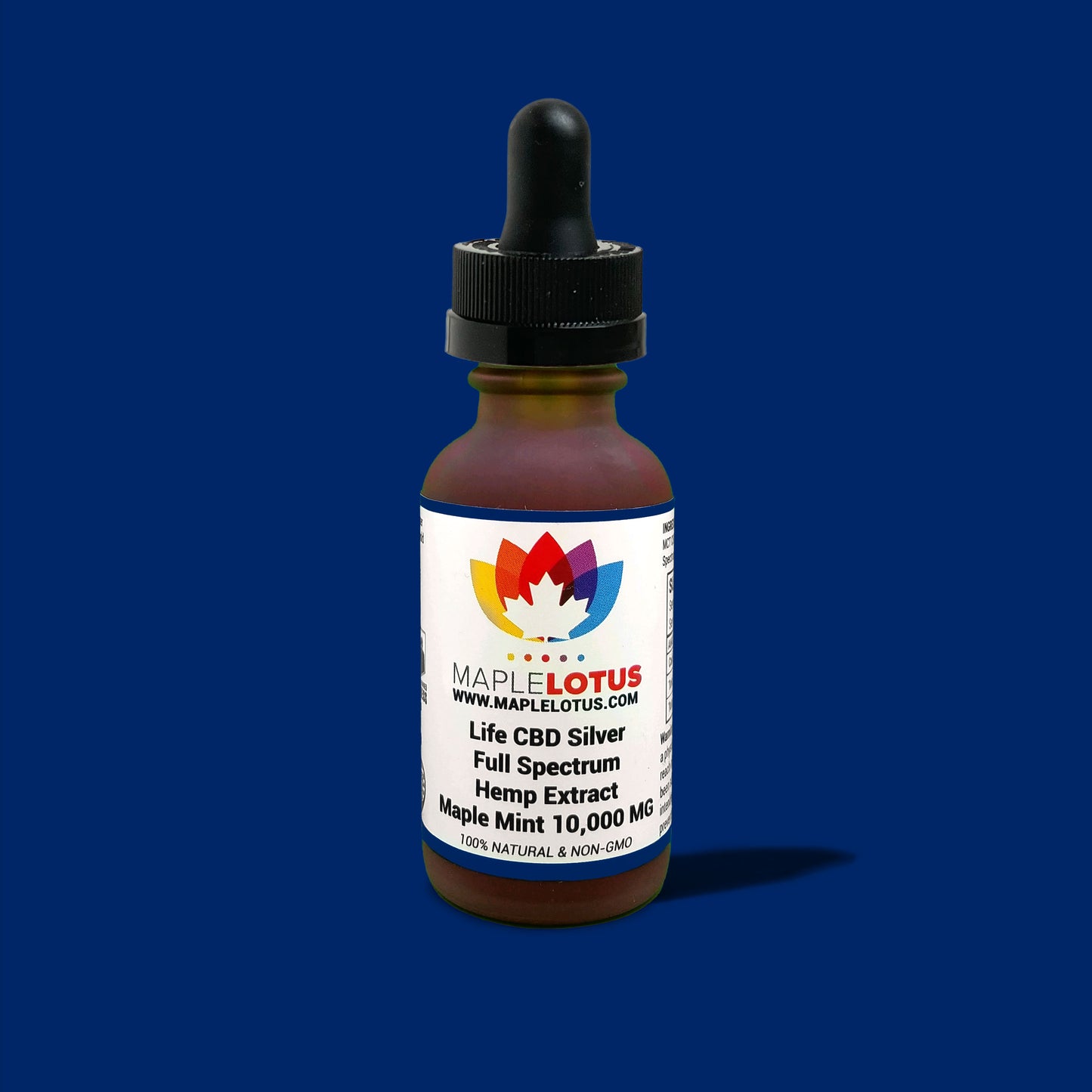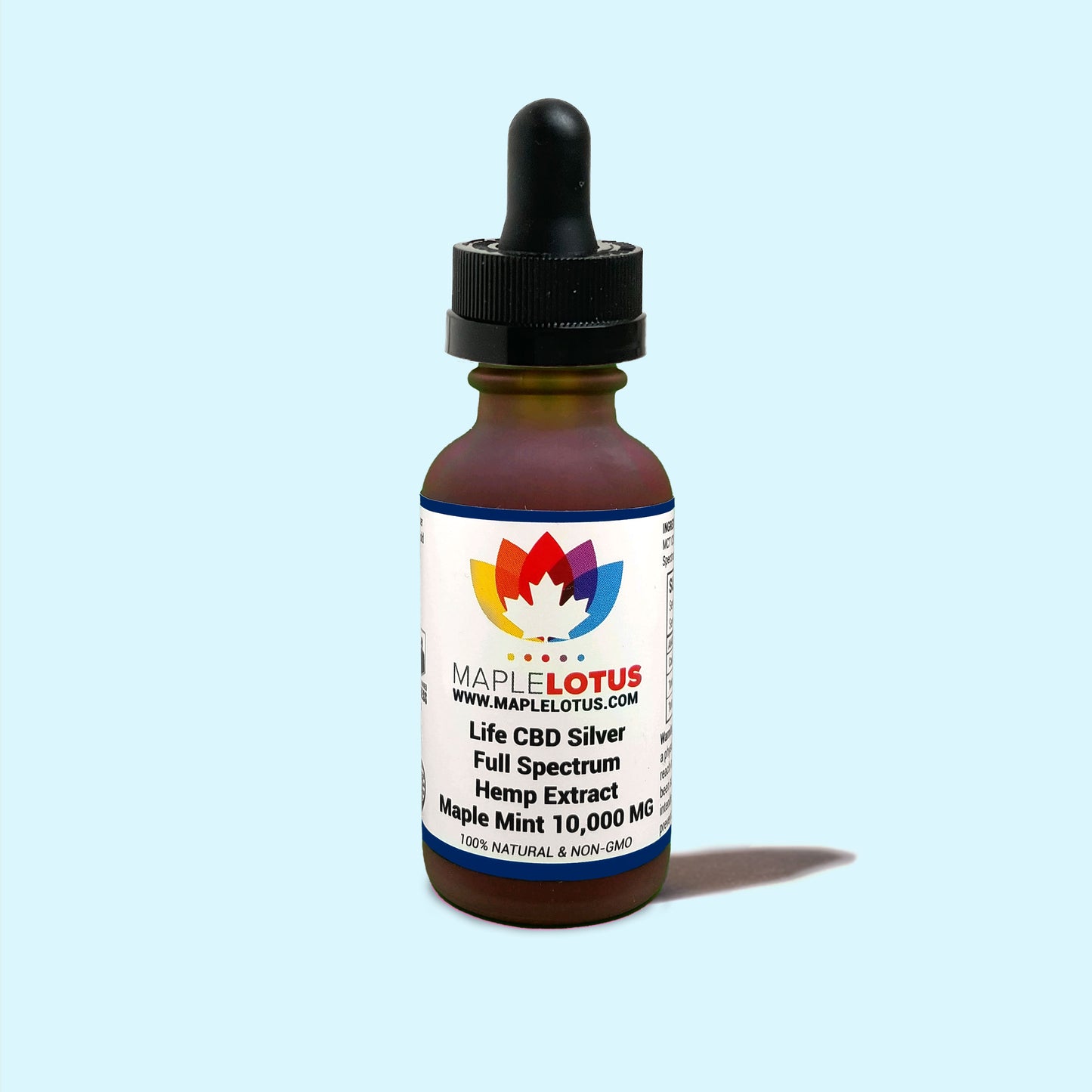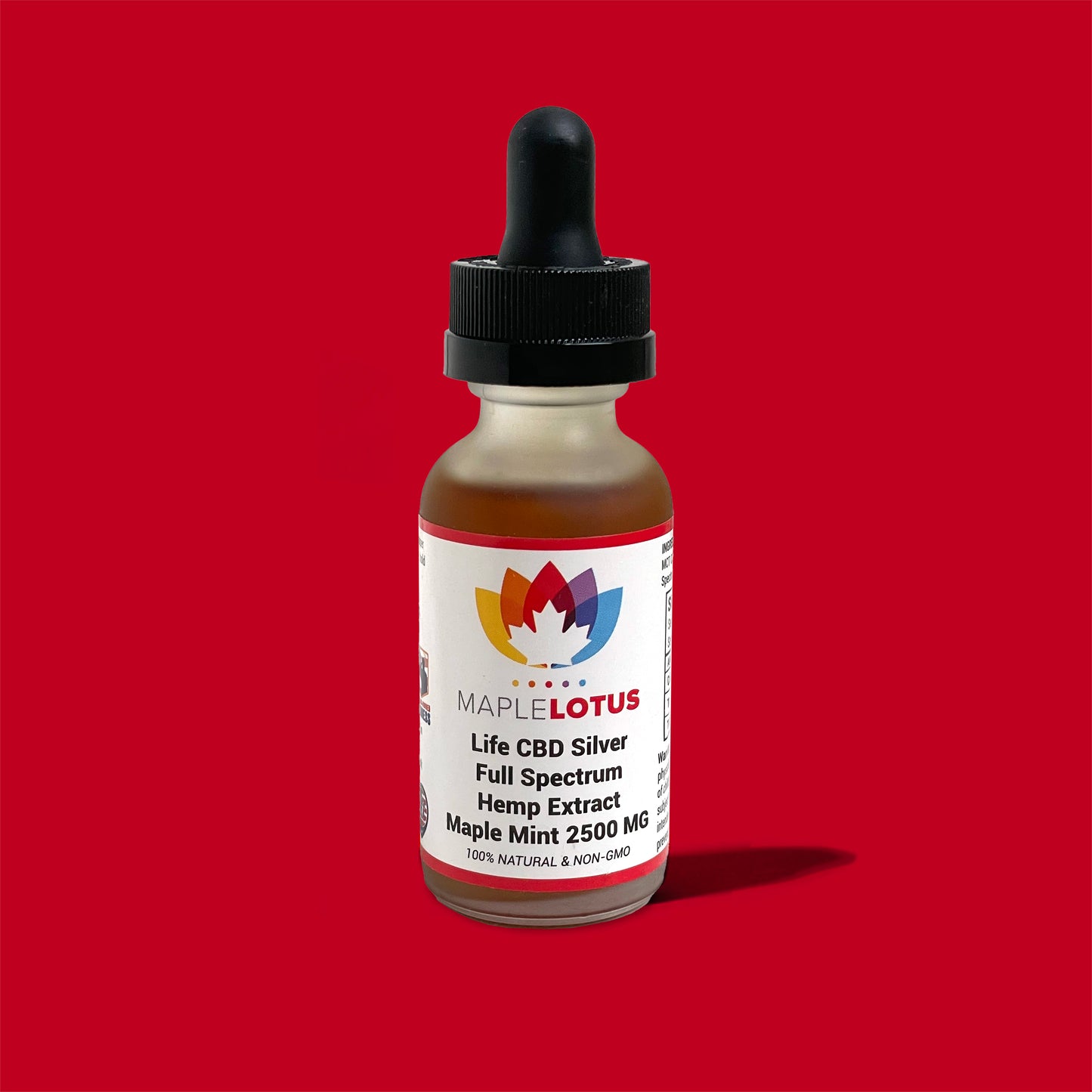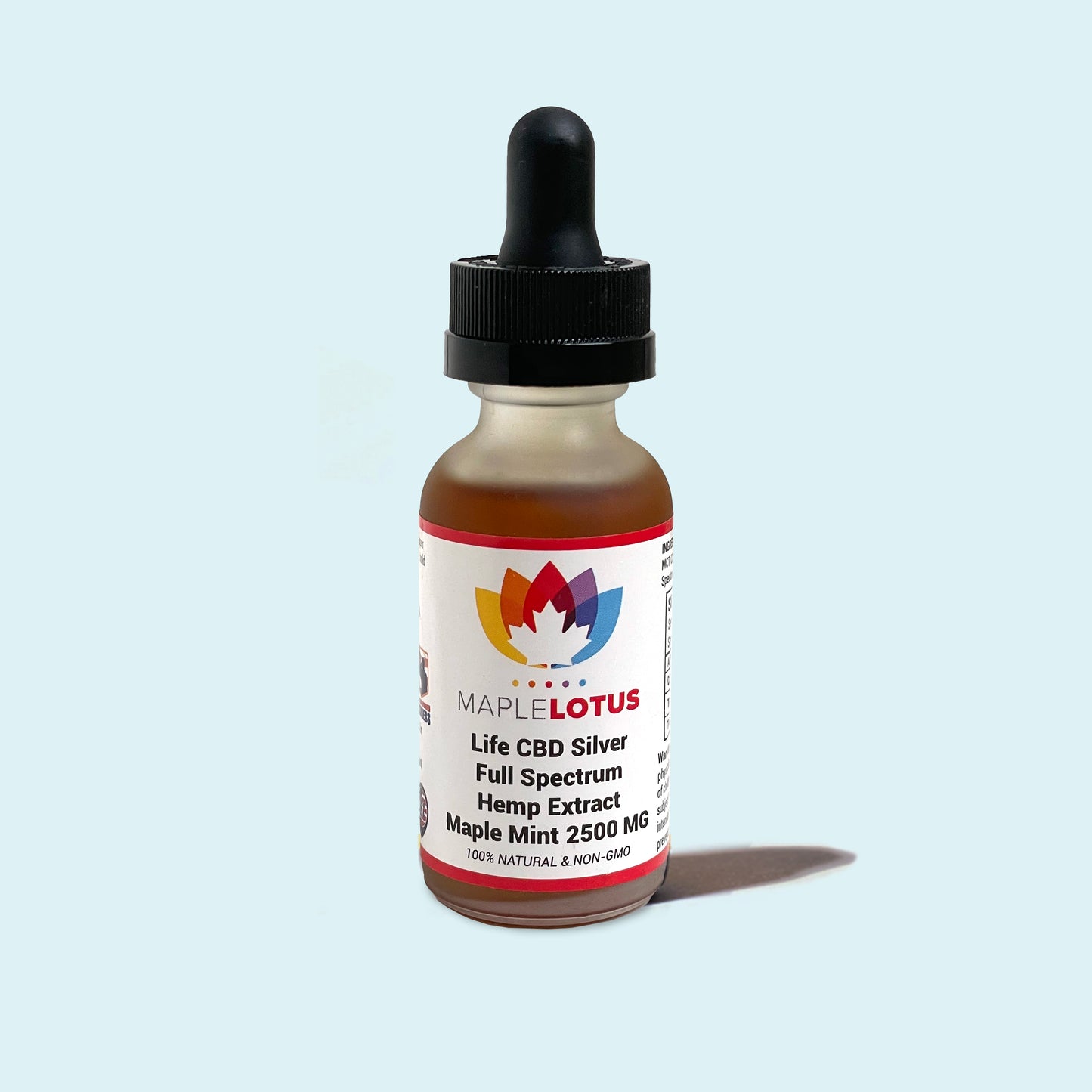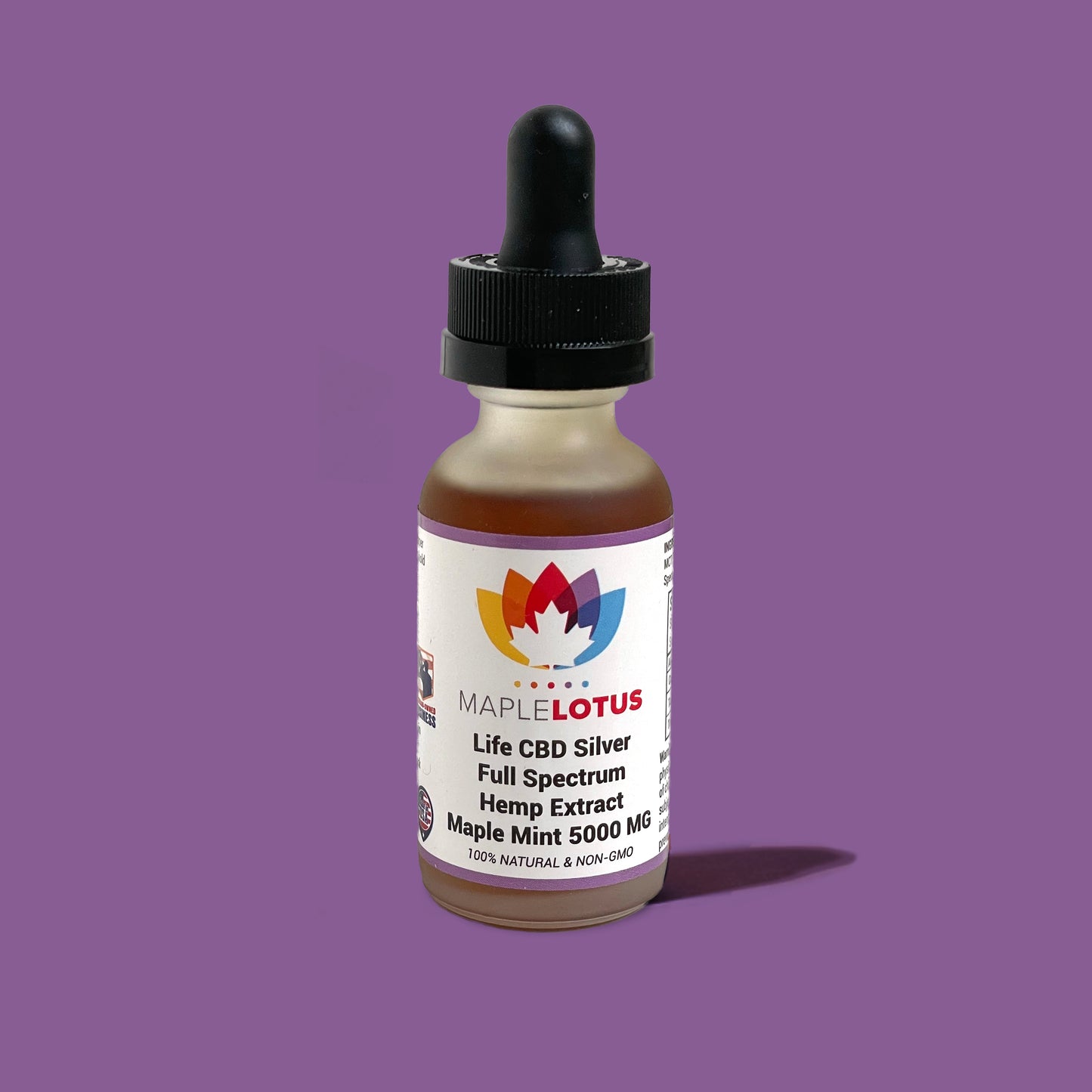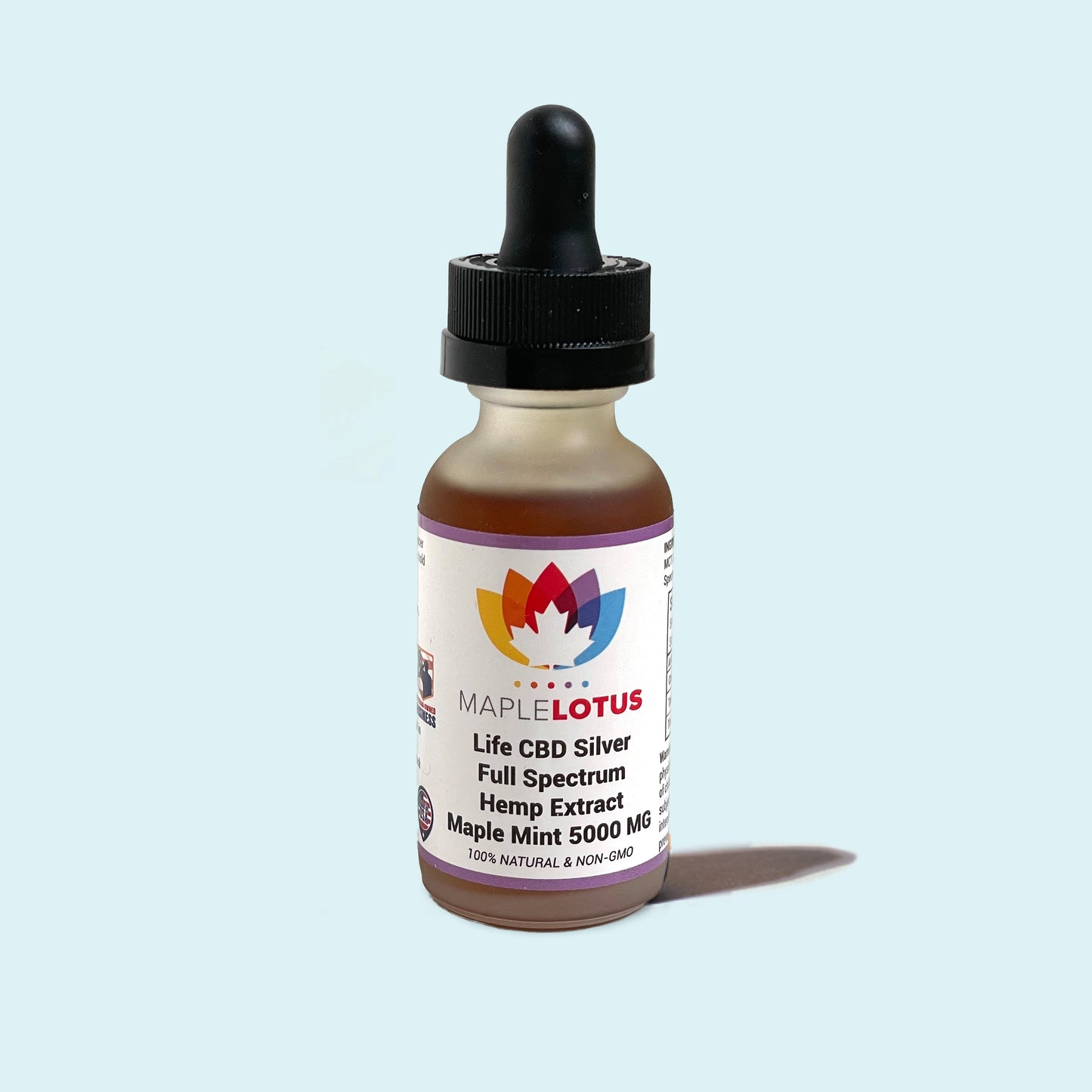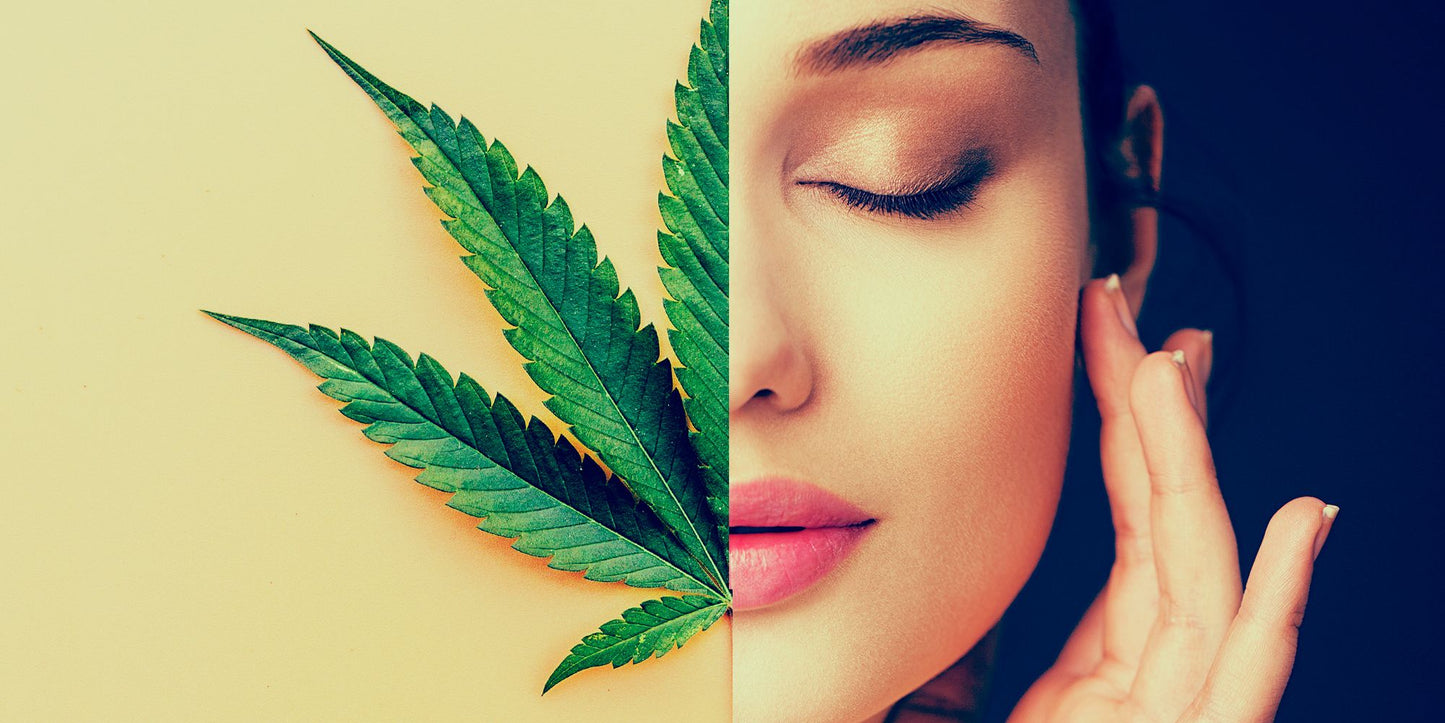
CBD and Skin Care – Is it a match at all?
CBD-infused items are nearly everywhere, including edible cereals, vapes, chocolates, lozenges, bath salts, soaps, pills, and even lollipops.
CBD, in addition to being one of the most rapidly rising health and wellness supplements, is now the biggest hit in the cosmetic market. It is estimated that its use alone in the cosmetic sector is worth $580 million.
If you're interested by the hype surrounding CBD cosmetics and want to give it a try but aren't sure where to begin, you've come to the right place.
How Does CBD Work Against Skin Problems?
CBD works by interfering with our endocannabinoid system. It is a system made up of numerous receptors located throughout the body, including a significant amount in our skin. CBD influences the generation of several hormones by these receptors, which are in charge of controlling numerous skin disorders.
These receptors' hormones are also responsible for sending pain and irritation signals to the brain. CBD reduces the sensations of pain, inflammation, itching, and irritation associated with numerous skin disorders by limiting their production in the same manner that our bodies' natural cannabinoids do.
The fact that CBD can play an important part in your skincare regimen arises from three extremely important CBD properties:
- CBD has potent anti-inflammatory properties.
- It is a powerful antioxidant.
- CBD has been shown in several trials to help reduce sebum production by sebaceous glands. Excess sebum production is one of the primary causes of acne on the skin.
CBD's characteristics are the foundation for the numerous benefits it can bring to our skin.
Benefits of CBD for Skin
CBD oil, when combined with other skincare ingredients, can provide the following skin benefits:
- Dermatologists have discovered that CBD reduces inflammation, swelling, itching, discomfort, and redness in acne patients.
- CBD is well-known for its ability to control sebaceous gland lipid production. It decreases excessive sebum production and is hence ideal for treating many skin issues caused by excessively oily skin.
- CBD's lipid regulation balancing property also helps to minimize the start of skin breakouts and the irritation produced by these outbreaks.
- CBD's anti-inflammatory properties aid to prevent the severity and start of rosacea.
- Anti-aging treatments are an essential application for CBD-based skincare products.
- CBD skincare products can also help people with eczema and psoriasis.
- CBD skincare products can help treat severe dermatitis.
- People with severely dry skin, like those with oily skin, can benefit greatly from CBD. It hydrates the skin and protects it from dryness and dehydration.
Although there is now a lot of study being conducted on the potential advantages of CBD for the skin, there are some skin disorders that require more detailed research. CBD's impact on certain common skin diseases are currently being researched.
How to Use CBD Skin Care Products
CBD-infused skincare products, like most other skincare products, are primarily intended for topical application.
CBD serums, creams, lotions, and gels are examples. CBD products, like regularly used conventional skincare products, can be used on a daily basis as part of your skincare regimen. Before using a product, please see your dermatologist and carefully read the directions on how many times and at what time it should be used.
Side Effects of CBD-Infused Skincare Products
Although there is no scientific data to support its efficacy against a variety of skin conditions, most dermatologists think that CBD skincare products have no negative effects. So far, no long-term or major negative effects from using CBD skincare products have been reported.
If you are adversely affected by any CBD skin product, it is possible that another substance, such as a preservative or scent, is causing the problem. CBD is typically safe to use on the skin.
Is CBD Legal?
After the Farm Bill was passed last year, the legal status of CBD-based products altered. CBD extracted from hemp is legal on the federal level. However, the cultivation of marijuana, the use of its derivatives for commercial reasons, and the sale of marijuana are all illegal under federal law.
This is primarily due to THC; because marijuana contains high concentrations of THC, the psychoactive cannabinoid, its production and sale are prohibited due to the risk of THC misuse. Although CBD by itself does not provide a high, it contains a larger percentage of THC and can alter the mind when derived from marijuana.
The hemp plant, on the other hand, contains only 0.3% THC or less. As a result, when CBD is produced from hemp, its possession and commercial usage are federally allowed because it does not produce a high and is not classified as a drug.
While CBD is allowed on a federal level, it may not be legal in your state. Each state has its unique regulations governing the ownership, cultivation, and commercial usage of CBD. CBD is not legal in all 50 states in the United States. Furthermore, in some states, it is legal in one form but banned in another. Furthermore, the interstate sale and transportation of CBD products may be limited in some cases.
So, before purchasing CBD products, it is critical that you properly research your state's legislation.
Finding the Right CBD Skincare Product
One thing to bear in mind before attempting a CBD skincare product is that CBD cosmetic goods are not regulated by the FDA, which has an impact on the legitimacy of a CBD-infused product.
Products can be mislabeled, and the ingredients listed on labels might be deceptive. Consumers may believe it is a CBD-based product when, in fact, it may not contain any CBD or may not contain the exact percentage of CBD stated.
There are a few guidelines you can follow before purchasing a product.
- Look for the products which indicate they are lab tested.
- It is always a good idea to purchase a CBD-based product from a medical office or pharmacy rather than purchasing CBD online.
- There are three types of CBD-based products
- Full-spectrum hemp containing CBD plus up to 0.3% THC, and other terpenes and flavonoids.
- Broad-spectrum hemp extract contains cannabinoids with no THC
- CBD isolate which contains the purest form of CBD. When it comes to skincare products specifically, the CBD isolate is the best option. It provides the maximum benefits to the skin while reducing the risks of side effects.
Before attempting anything new on your skin, it is strongly advised that you visit a dermatologist. This is particularly true if you have sensitive skin. Although CBD is typically harmless as a skincare product, it can cause minor issues when used with other substances.
Conclusion
CBD is no longer restricted to health supplements. CBD use in cosmetics, particularly skincare products, is quickly rising and is predicted to exceed a $1.7 billion market size by 2025.
However, it is important to remember that, regardless of its size, it is an uncontrolled market. CBD cosmetic items are not regulated by the FDA. Although CBD skincare products are generally deemed safe for use on the skin, different skin types react differently to them. So, start with lesser CBD concentrations and give it some time to show results before moving on. Remember to consult your dermatologist.
Note: More research is needed to determine the negative effects and efficacy of CBD oil as a skincare component. Although research in this area is still in its early stages, preliminary findings have been promising thus far.
References
https://pubmed.ncbi.nlm.nih.gov/25024347/
https://misuse.ncbi.nlm.nih.gov/error/abuse.shtml

